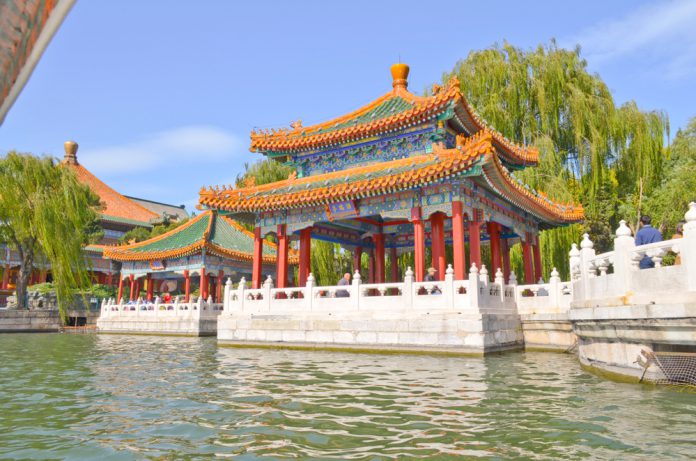China’s leading DMC veterans have openly acknowledged that the country is “no longer cheap”, and is now competing with various other global alternatives, during the first Visit Beijing Trade Connect online roundtable discussion on The Future of Beijing MICE last week.
Alicia Yao, managing director, IME Consulting, highlighted the “reasonable rentals” for unique venues like palaces and museums in Vienna, while Frank Feng, CEO of China Star, addressed the high cost of hosting a cocktail event at the iconic Five Dragon Pavilions in Beijing’s Beihai Park.

Meanwhile, Daniel Lim, co-founder and director-MICE of Singapore-based Event and Marketing Solutions (EMS), credited TCEB (Thailand Convention and Exhibition Bureau) for being supportive and was one CVB that impressed him.
He shared that TECB was “engaging”, “very willing to help” meeting planners and have been organising regular supplier updates to “remain connected” during the pandemic.
For EMS’ co-founder and director, MICE and luxury travel, Angela Lee, Australia and New Zealand stands out for good service, creativity and for “having nature”, where different programmes like “cycling and wellness” could be organised.
Apart from not speaking English, Feng said European and US clients needed to know that most Chinese DMCs typically focused on domestic MICE, while Yao said international clients should partner DMCs that could help them understand the different rules and how China operates.
Lee added expectations of overseas meeting groups have to be well managed, citing the example of what to expect during coffee breaks, while Lim added suppliers needed to be “flexible” and help clients “understand what is possible and what can be done”.
Lee also commented that “good controls” and “safe management practices like splitting groups into different hotels” had to be in place.
Yao agreed that a good SOP (standard operating procedure) and standardising it would “make buyers feel safe”, and IME was buying insurance for both the staff and events it was organising.
She continued: “If we run more successful events, we will be more confident and clients will also be more confident to come to Beijing.”





















